Social difficulties
Recent articles
AI tool estimates social ability by analyzing speech
The system’s code and training data—drawn from one of the largest databases of speech recordings from autistic people—are openly available.
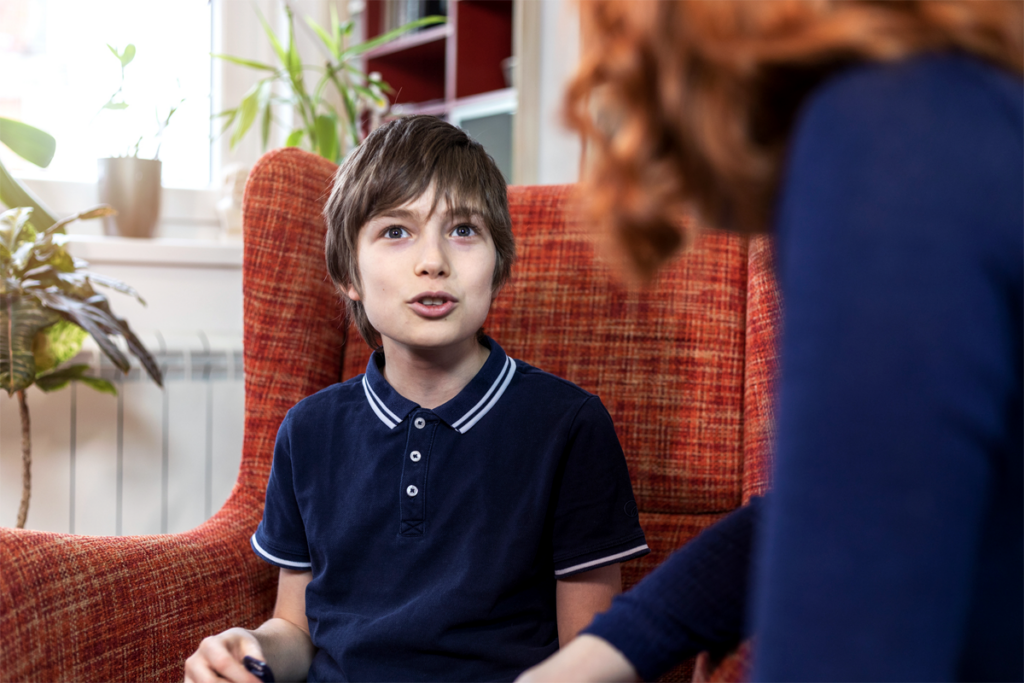
AI tool estimates social ability by analyzing speech
The system’s code and training data—drawn from one of the largest databases of speech recordings from autistic people—are openly available.
The case for redefining ‘theory of mind’: Q&A with François Quesque
In a new commentary, Quesque and 44 experts in neuroscience and psychology propose a standardized lexicon for research on the attribution of mental states.
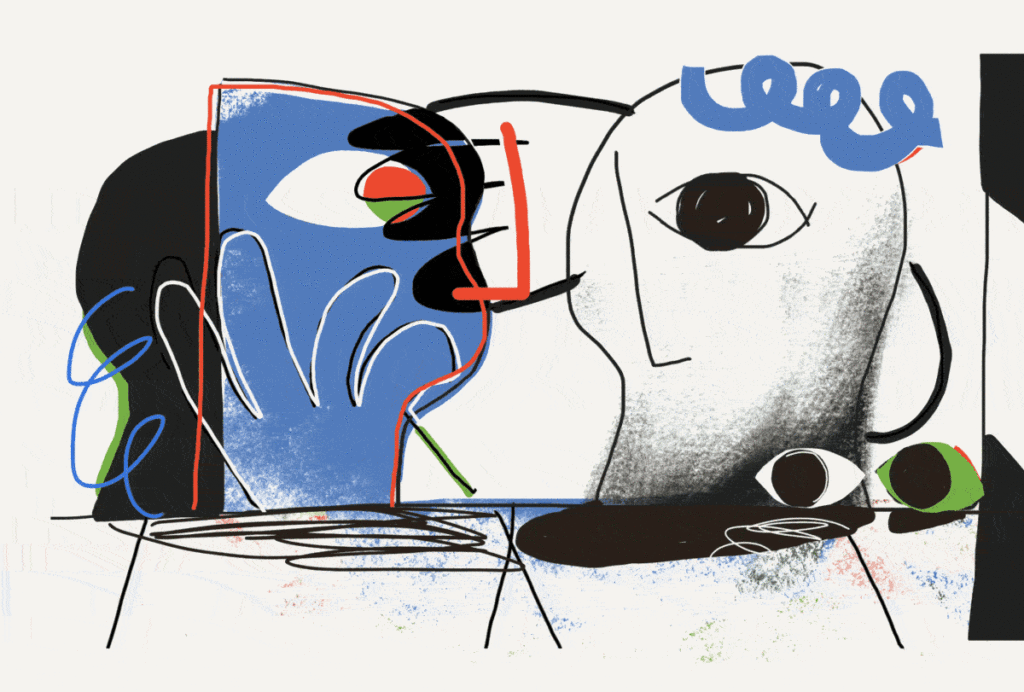
The case for redefining ‘theory of mind’: Q&A with François Quesque
In a new commentary, Quesque and 44 experts in neuroscience and psychology propose a standardized lexicon for research on the attribution of mental states.
A genetics-first clinic for catching developmental conditions early: Q&A with Jacob Vorstman
A new clinic is assessing children who have a genetic predisposition for autism and other neurodevelopmental conditions—sometimes before traits appear.

A genetics-first clinic for catching developmental conditions early: Q&A with Jacob Vorstman
A new clinic is assessing children who have a genetic predisposition for autism and other neurodevelopmental conditions—sometimes before traits appear.
Brain organoid size matches intensity of social problems in autistic people
Overgrown organoids could point to mechanisms underlying profound autism.
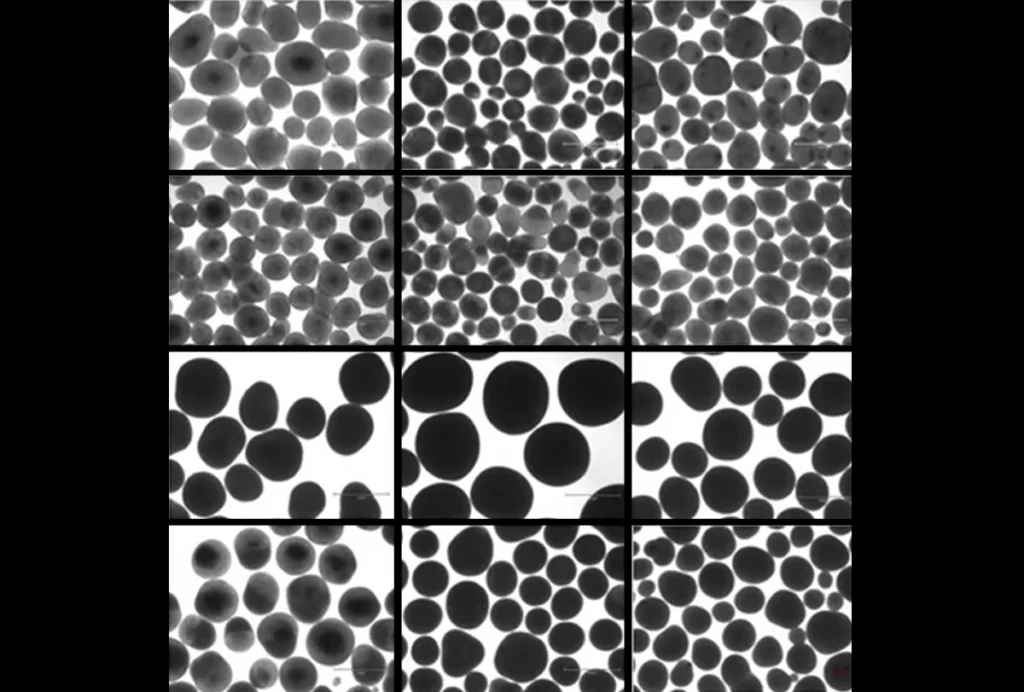
Brain organoid size matches intensity of social problems in autistic people
Overgrown organoids could point to mechanisms underlying profound autism.
Understanding fragile X syndrome
Just in time for Fragile X Awareness Month, The Transmitter rounds up notable coverage.
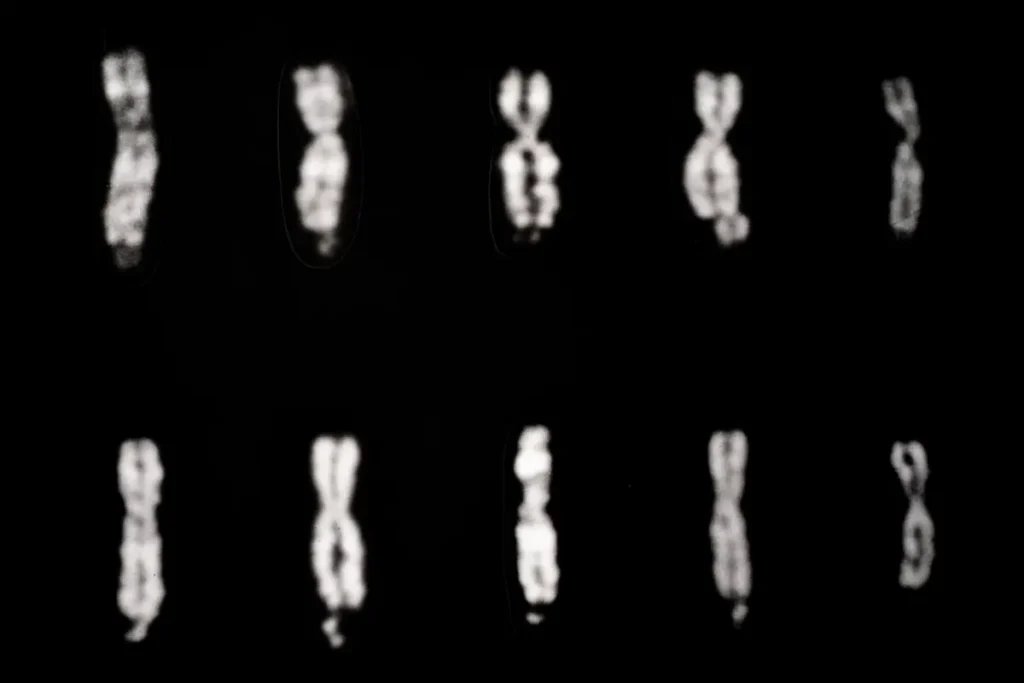
Understanding fragile X syndrome
Just in time for Fragile X Awareness Month, The Transmitter rounds up notable coverage.
Immune-activation model mice escape infantile amnesia, retain early memories
Male pups born to mothers treated with immune-stimulating molecules show autism-like behaviors and, unlike wildtype animals, do not lose memories formed during early life.
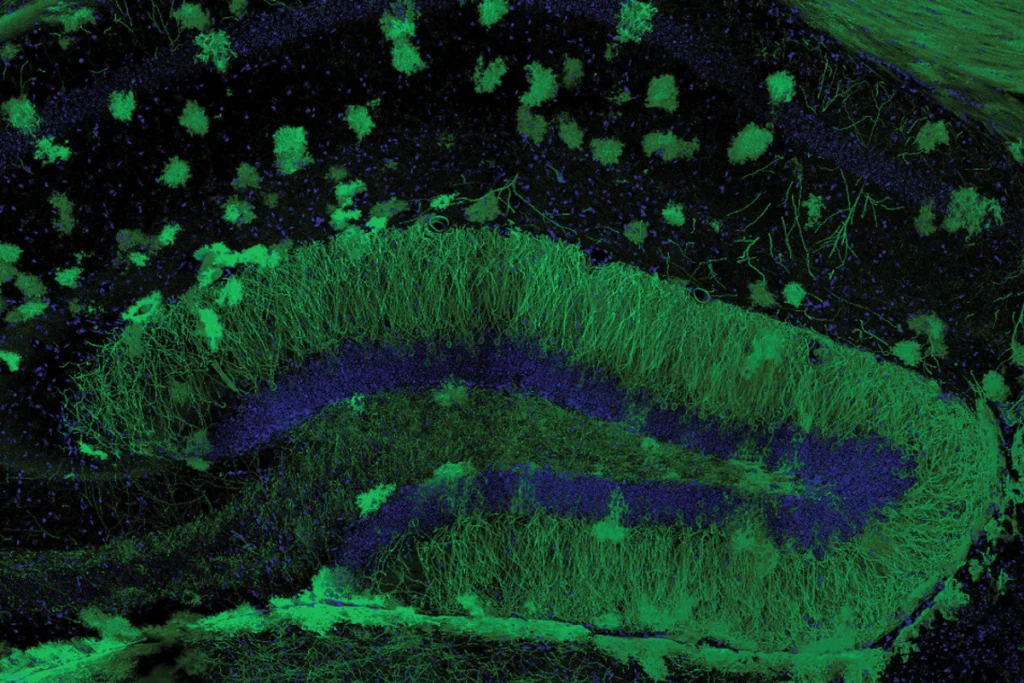
Immune-activation model mice escape infantile amnesia, retain early memories
Male pups born to mothers treated with immune-stimulating molecules show autism-like behaviors and, unlike wildtype animals, do not lose memories formed during early life.
Autism research hits the road
Some scientists are thinking creatively about how to collect data in flexible environments and meet communities where they’re at.
Autism research hits the road
Some scientists are thinking creatively about how to collect data in flexible environments and meet communities where they’re at.
Teasing apart insistence on sameness with Mirko Uljarević
The hallmark autism trait has multiple facets, Uljarević and his colleagues have found.

Teasing apart insistence on sameness with Mirko Uljarević
The hallmark autism trait has multiple facets, Uljarević and his colleagues have found.
Some social issues in DYRK1A model mice stem from faulty inhibitory circuits
Alterations in inhibitory circuits and difficulties in social recognition characterize mice missing one copy of DYRK1A, a gene linked to autism.
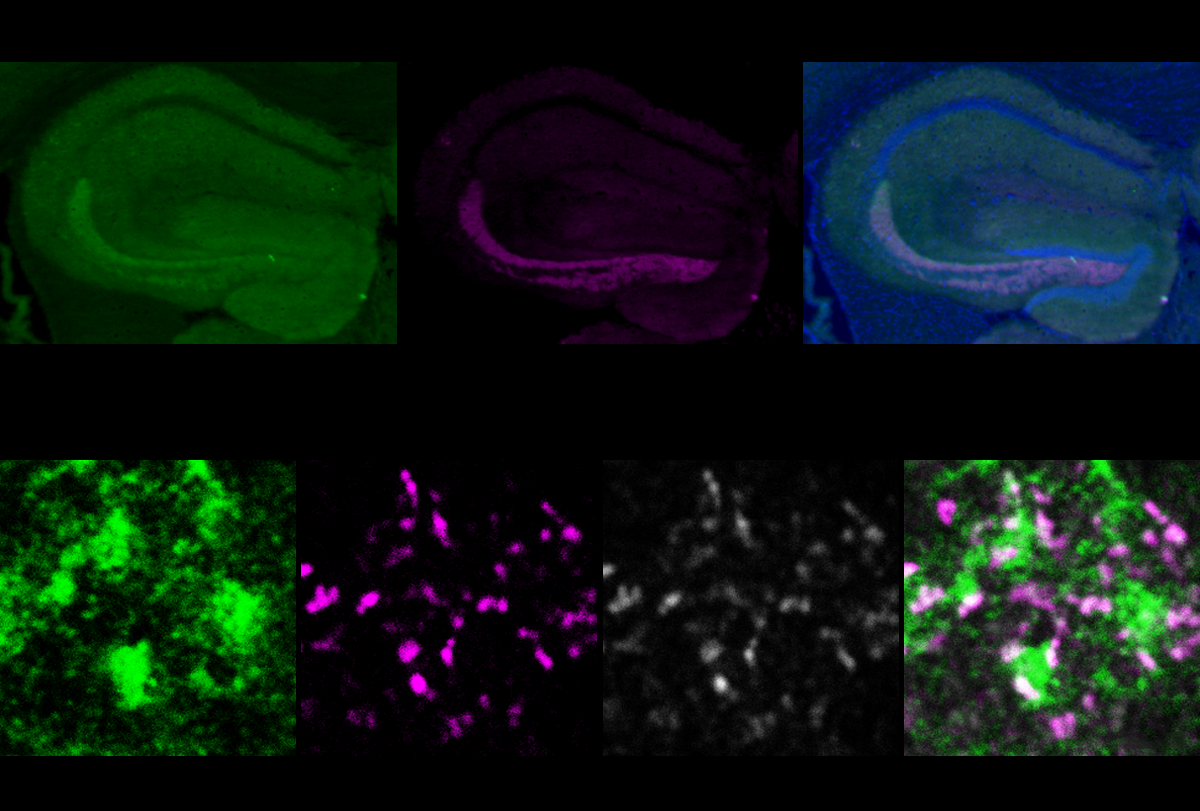
Some social issues in DYRK1A model mice stem from faulty inhibitory circuits
Alterations in inhibitory circuits and difficulties in social recognition characterize mice missing one copy of DYRK1A, a gene linked to autism.
Mental health issues emerge with shifts in autism traits across childhood
Anxiety and other challenges autistic children experience may stem from an increase in social-communication issues and a decrease in repetitive behaviors from ages 6 to 11.
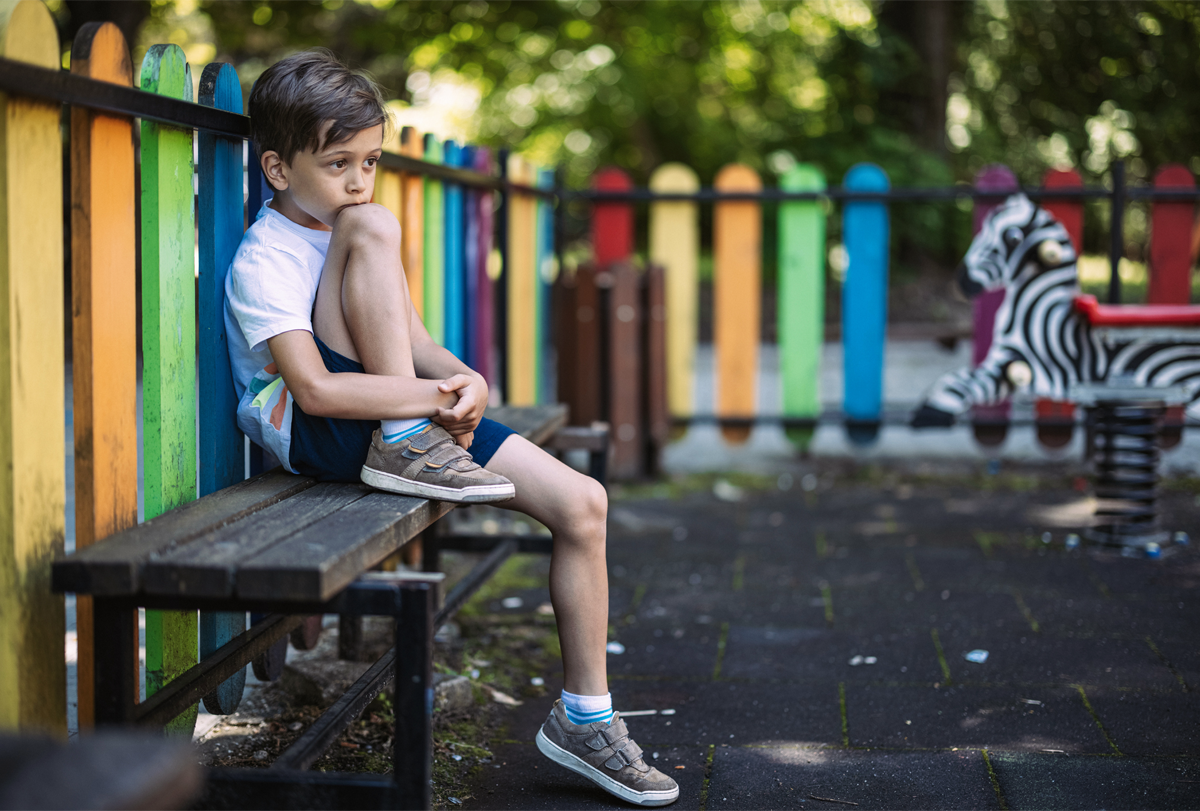
Mental health issues emerge with shifts in autism traits across childhood
Anxiety and other challenges autistic children experience may stem from an increase in social-communication issues and a decrease in repetitive behaviors from ages 6 to 11.
Explore more from The Transmitter
This paper changed my life: Shane Liddelow on two papers that upended astrocyte research
A game-changing cell culture method developed in Ben Barres’ lab completely transformed the way we study astrocytes and helped me build a career studying their reactive substates.

This paper changed my life: Shane Liddelow on two papers that upended astrocyte research
A game-changing cell culture method developed in Ben Barres’ lab completely transformed the way we study astrocytes and helped me build a career studying their reactive substates.
Dean Buonomano explores the concept of time in neuroscience and physics
He outlines why he thinks integrated information theory is unscientific and discusses how timing is a fundamental computation in brains.
Dean Buonomano explores the concept of time in neuroscience and physics
He outlines why he thinks integrated information theory is unscientific and discusses how timing is a fundamental computation in brains.
What birds can teach us about the ‘biological truth’ of sex
Part of our job as educators is to give students a deeper understanding of the true diversity of sex and gender in the natural world.

What birds can teach us about the ‘biological truth’ of sex
Part of our job as educators is to give students a deeper understanding of the true diversity of sex and gender in the natural world.